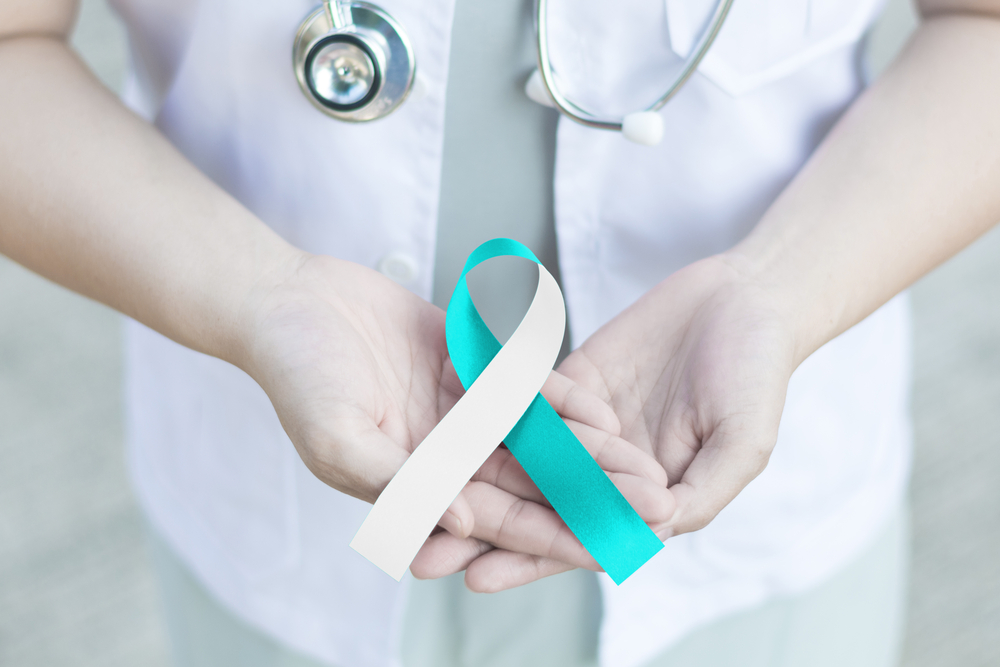Human papillomavirus (or HPV for short) is a common reproductive health issue for women and men in the US. This sexually transmitted infection can be spread from partner-to-partner during sexual contact. The Centers for Disease Control (CDC) report that over 80 million Americans are currently infected with some form of HPV. Since there are many different strains of HPV (over 150 according to the CDC), it can be difficult to understand the complexities of the condition and how it can affect a woman’s reproductive health. That’s why our gynecological healthcare experts wanted to take some time to discuss the effects of HPV for women.
One of the most common ways HPV manifests itself is in the form of warts. Warts may vary in appearance and location depending on which form of HPV a woman experiences. Genital warts can appear as flat lesions, small bumps, or tiny stem-like protrusions on the vulva, near the anus, on the cervix, or in the vagina. They may be itchy, but rarely cause discomfort or pain. Common warts that occur on the hands, fingers or elbows, plantar warts on the feet, and flat warts on the legs can also result from HPV.
According to the National Cancer Institute, HPV is a leading cause of cervical cancer. More specifically, 2 specific strains of HPV are responsible for roughly 70% of all cases of cervical cancer diagnosed in the US. Although it is most commonly associated with cervical cancer, there is also a strong link between HPV and cancers of the vulva, vagina, anus, and throat.
For most women, preventing HPV before it develops is the most successful form of treatment. Females between the ages of 9 and 26 can receive an HPV vaccination that can help prevent up to 70% of cervical cancer cases. However, even women who have received an HPV vaccination need to continue their annual cervical cancer screenings and regular Pap testing to be on the safe side.
We understand that HPV can be a challenging subject to understand and talk about, so if you have any questions about this condition, don’t hesitate to reach out. If you would like more information or to request an appointment with board-certified gynecologist Dr. Kristine Gould or one of our other gynecological healthcare providers, please contact Gynecology Associates of Gwinnett. You can also follow us on Facebook and Twitter for additional tips, news, updates, and details on our upcoming health and wellness events.


